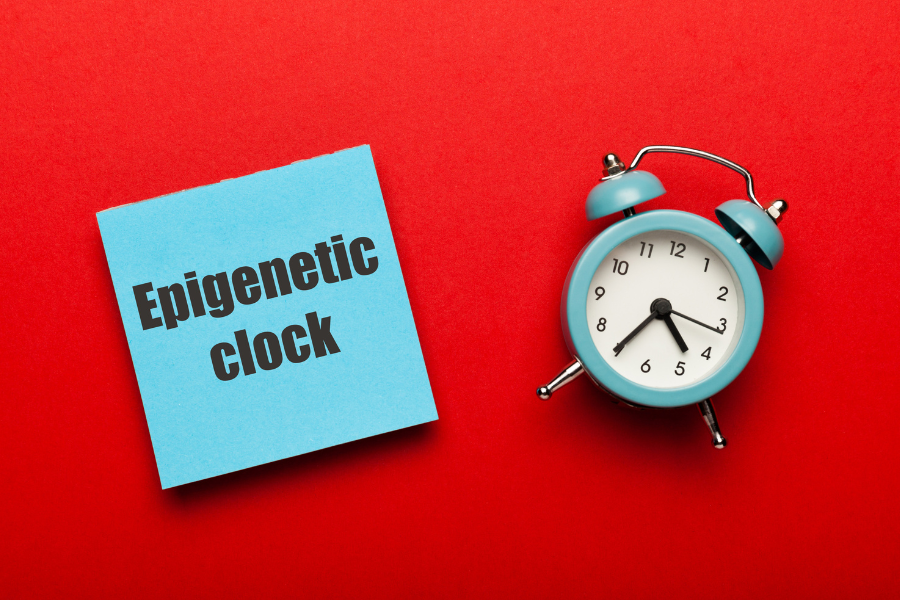Very preterm babies have an increased risk of ongoing medical complications and neurodevelopmental issues throughout their lifespan. New research suggests that a specially designed epigenetic “clock” can indicate abnormally accelerated molecular aging, which may be associated with these long-term impacts and warrants further study.
Babies who are born very preterm — 24 to 32 weeks’ gestation — have a greater risk of complications ranging from infections, chronic lung disease and brain injury. Previous research has shown these babies often have changes in their brains. Yet, whether the changes relate to how early the babies are born or to the illnesses to which they are exposed isn’t fully known.
Dr. Steven Miller, Dr. Michael Kobor, Dr. Ruth Grunau, Dr. Chaini Konwar, Dr. Sarah Merrill and collaborators from the Hospital for Sick Children and Mt Sinai Hospital in Toronto wanted to see if epigenetic aging is associated with brain growth and neurodevelopmental outcomes in children born very preterm.
In 2019, Dr. Kobor and his team developed a tool called the pediatric buccal epigenetic (PedBE) clock, which measures changes to the DNA that restrict or enable gene expression. Certain patterns of these epigenetic changes help determine the molecular age of a child’s DNA and, when this age does not match actual age, can be a sign of excess early life stress and future health risks.

Initial studies using the PedBE clock have shown accelerated epigenetic aging among autistic children and children with internalizing disorders, characterized by anxiety, depressive and somatic symptoms, but this is the first time the tool has been used to assess brain growth and development during the neonatal period.
“The advent of pediatric epigenetic clocks, such as the PedBE clock, has facilitated an enhanced understanding of brain disorders as well as behavioral and neurodevelopmental conditions in the context of molecular aging in children. Incorporating the PedBE clock in important translational studies, such as the one conducted here by Dr. Miller and his team, is clearly the next step in its evolution towards utility in complex clinical settings.” explains Dr. Kobor.
A total of 35 very preterm babies at hospitals in Toronto took part in the study, which was recently published online in JAMA Network Open. Researchers imaged their brains and took saliva samples for the PedBE clock testing two times during the study period — once shortly after they were born and the other a few weeks after their original due dates.
Researchers found the babies in the study had an accelerated PedBE age at the second testing time point, particularly if born extremely preterm. The team also found an association between higher PedBE ages and smaller brains and slower brain growth. At the 18-month follow-up, those babies also had lower cognitive and language scores on standardized tests.
Dr. Miller says, “Our findings suggest that the extent of prematurity may be an important determinant of molecular aging."
"Given the links between molecular aging, brain growth and neurodevelopment, we now need to understand how exposures in the neonatal intensive care unit, such as pain and medications, impact these pathways.”

The research team says these results show the PedBE clock could enhance existing clinical methods to further knowledge of neonatal brain growth and development in the NICU, and ultimately improve treatment and care of these babies.
“Although gestational age is consistently and conventionally used as the fundamental indicator of neonatal development, we recognize that brain health is also influenced by a baby’s everyday experience in the NICU and after discharge,” comments Dr. Miller. “These babies spend a lot of time in the hospital with intense followup. The hope is that a tool such as the PedBE clock, and a fuller understanding of brain health, could help us guide treatment and support families as these children develop.”




